five films to watch when you've caught the travel bug
Some flicks to help you take that travel plunge (or step back from the precipice).
Preparing to go on a big trip involves the completion of tasks that should be easy, but are made difficult by an immovable set of rules and procedures.
1. Pack a bag. BUT make sure you haven't packed any knives, harpoons or family-size tubs of moisturiser.
2. Make sure your passport is in order. BUT make sure you have at least six months' validity on your passport, otherwise you'll just be sent home when you get there, after you've already flown through the sky for however many hours and look like a raisin.
3. Get a Visa. Do you even need a Visa? Have you checked? Oh dear, you haven't, have you? Well it's too late now.
4. Get to the airport. BUT make sure you get there at least three hours early, because apparently it takes a very long time to wheel your harpoon-free bag onto the plane.
5. Get through customs. BUT the fruit-sniffing beagle keeps eyeing you suspiciously, which makes you feel both PARANOID and AFRAID, because your whole trip might be sabotaged by a dog attracted to the smell of banana.
If it all seems like too much effort, or if you want to remind yourself why it's all worthwhile, here are five movies that will help you take that travel plunge (or step back from the precipice).
PLANES, TRAINS AND AUTOMOBILES There are entire websites dedicated to choosing the right travel companion, which offer helpful advice like, "If you want something out of travel, and from your travelling companion, you have to put something in." Right. Helpful. Thanks. But if you're actually looking for good advice about travelling with other people, look no further than Planes, Trains and Automobiles, which I'm going to call John Hughes's best film, simply because I can. In one of the flick's best scenes, Neal Page, Steve Martin's put-upon and cynical advertising executive, unleashes some searing travel companion advice to poor old Del Griffin – John Candy's shower curtain ring salesman who's been thrown together with Neal in a thankless quest to get from New York City to Chicago during a blizzard-y Thanksgiving.
Neal mercilessly berates Del for his unfailing chattiness and good humour, his capacity to talk and tell anyone, anytime, anywhere, anything. After a good two minutes of venting and ranting, Neal's viciousness runs out of steam, and a deflated Del bravely pulls himself together after the onslaught: "You think what you want about me," he says. "But I'm not changing. I like – I like me. My wife likes me. My customers like me. Because I'm the real article. What you see is what you get." If only all travel companions were this honest with each other.
LOST IN TRANSLATION A middle-aged American actor of some success, Bob Harris (Bill Murray), finds himself in an expensive Tokyo hotel on a lucrative trip to promote a Japanese whiskey. There he meets the young and beautiful Charlotte (Scarlett Johansson), cooling her bored heels while her celebrity photographer husband ignores her, distracted by work (and the famous women who go with it). Marooned and lonely, Bob and Charlotte find company and friendship in one another, together navigating the alienating eccentricity and captivating beauty of their strange situation. Their time together, and their parting, captures the promise and pain of travelling: its opportunities for arrival and exploration, and its demand that we leave and go on, or go back.
THE STRAIGHT STORY Of everything David Lynch has made, people are probably most cynical about his 1999 film The Straight Story, which has been more generously described as a shameless grab at commercial success after the failure of Lost Highway, and less generously as "one of the stupidest films ever created" by some guy on IMDB.com. It's neither, but it is pure Lynch – just not the dark, weird or disturbing Lynch, and more the meditative, lyrical and quiet.
The film tells the real life story of the journey 73-year-old Alvin Straight (Richard Farnsworth) made in 1994 to visit his sick brother Lyle (Harry Dean Stanton), after he'd suffered a stroke. Because of his failing eyesight, Alvin couldn't make the 400-km journey by car, so, instead, he hitched his possessions to a 30-year-old lawnmower with a top speed of 8km/hr and made the trip that way. The journey and pace of the film is obviously very, very slow, but it also allows Alvin – and us – to experience all the beauty and wonder that exists in the world and can be forgotten if we stay in one place, or if we always move quickly from place to place and forget to stop, look and be amazed.
INTO THE WILD Alaskans don't like Christopher McCandless much. In an article published in the Alaska Dispatch (tagline: News and Voices from the Last Frontier), Craig Medred called McCandless a "suicidal wilderness narcissist, a bum, a thief and a poacher" and called the ongoing fascination with his story, "richly ironic". This is the cynic's judgement of McCandless, who, after graduating from uni, turned his back on the shallow hypocrisy of middle-class life and headed for a life of freedom and adventure that ended in the Alaskan wilderness. The idea that we might just shrug off our responsibilities and burdens is a pretty appealing one and Into the Wild is full of scenes of high adventure and romantic escape into nature. But what is most striking about the film, and what Medred obviously isn't moved by, is its heart-wrenching images of Chris realising too late that adventure and experience is meaningless within a life lived alone and that whatever happiness we find in our travels will be empty if it isn't shared.
BEFORE SUNRISE A young American guy, Jesse (Ethan Hawke), is on a train to Prague when he strikes up a conversation with a beautiful Parisian woman, Céline (Julie Delpy). Most talk between strangers is polite, and so works to conceal and protect, but in their casual banter the couple find words of deeper meaning. They connect and click and, curious to see where their talk might take them, they jump off the train and spend a day together in Vienna. It's all very romantic and Before Sunrise feeds into dreams of freeing ourselves from our personal histories and forgetting who we usually are. The risk the movie takes is that it asks us to believe this is possible and that we can meet a person who we can just talk to (and allows us to talk) in a way we never have before. Like the beginning of Eternal Sunshine of the Spotless Mind, Before Sunrise shows us romance as a form of travel, and wonders if a preparedness to travel unprepared is the only hope for romance.
This story was originally published on June 8th, 2014.

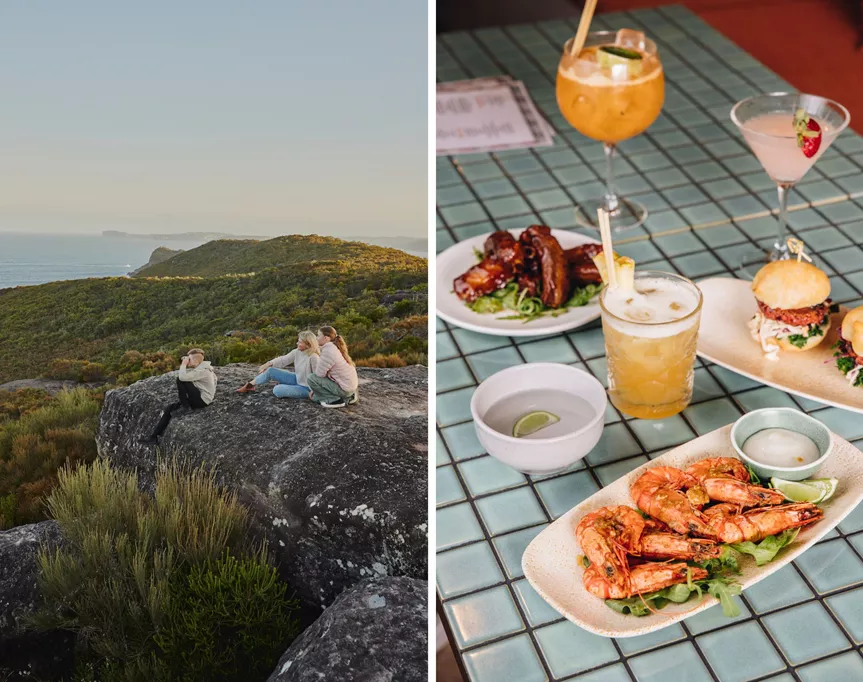
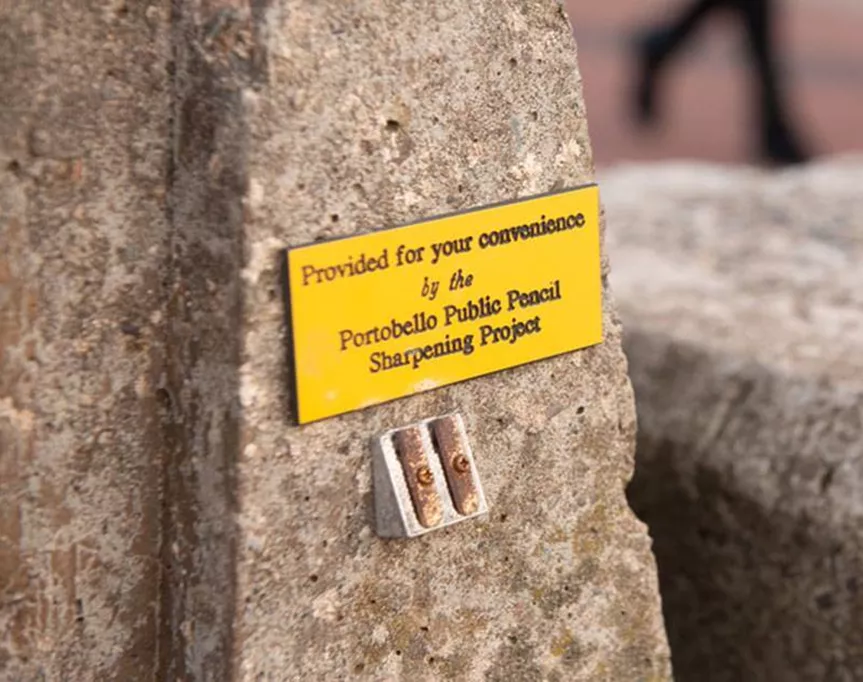
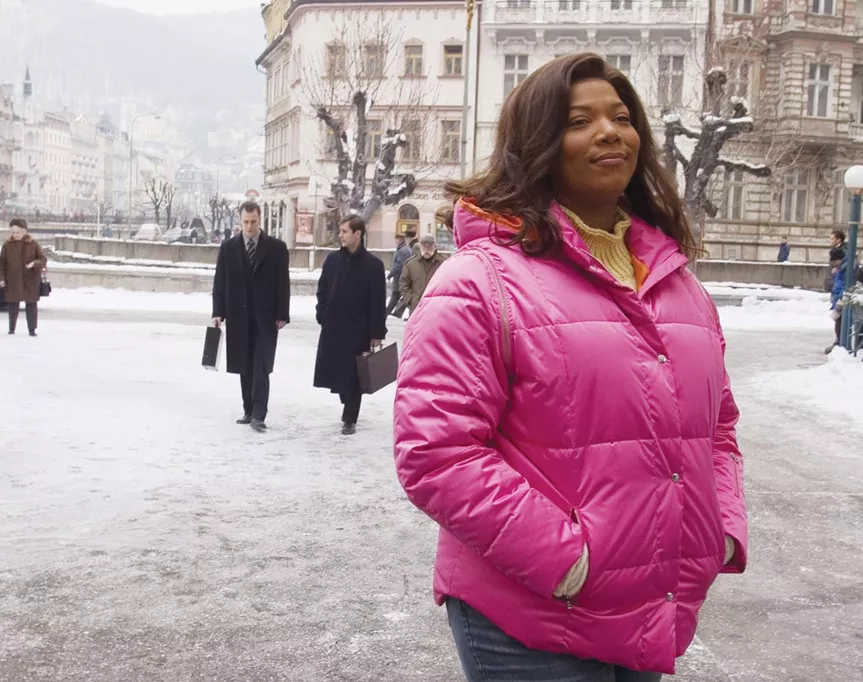
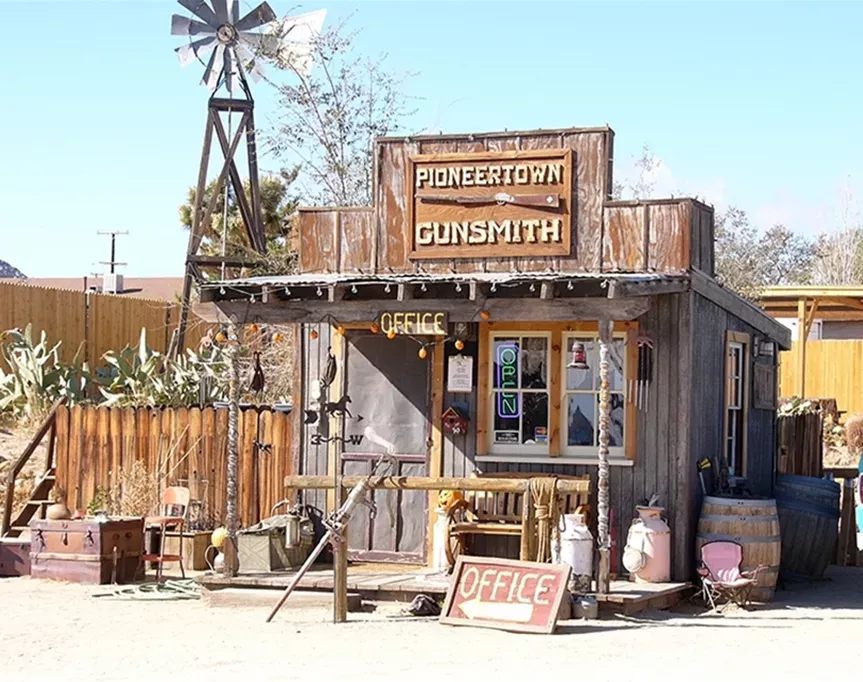

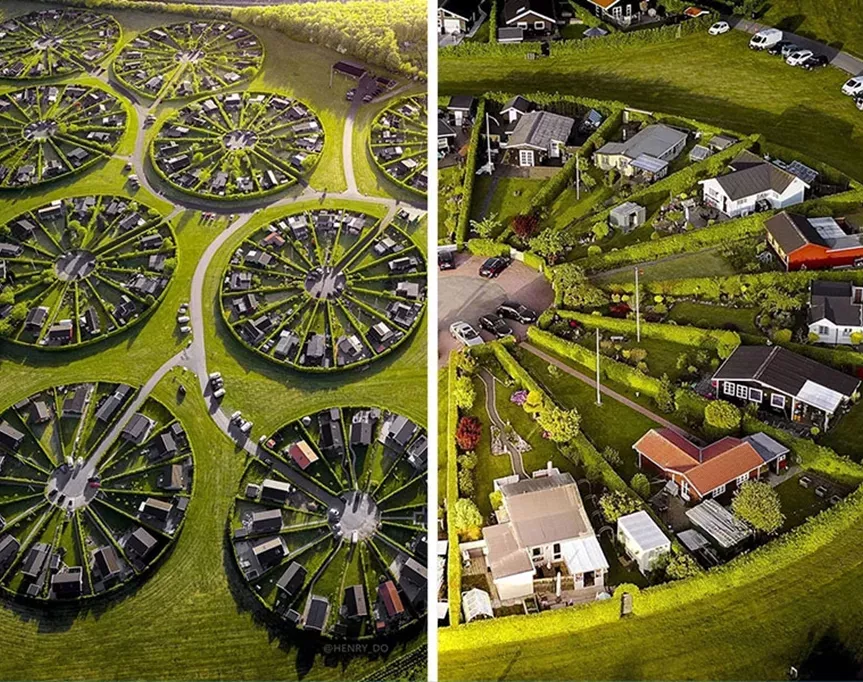
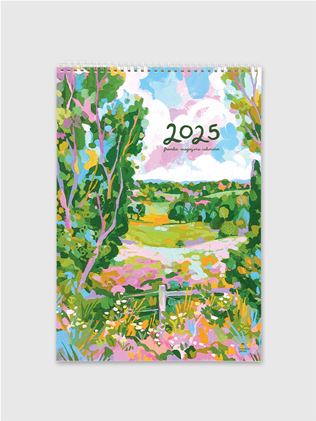
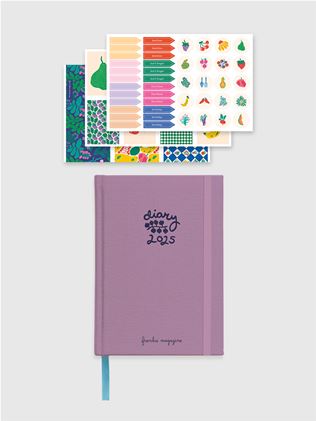

.jpg&q=80&w=316&c=1&s=1)



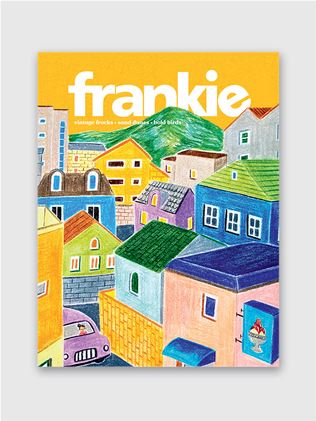


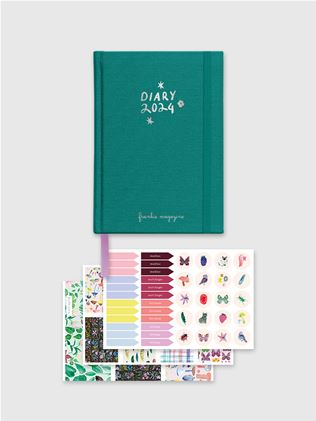



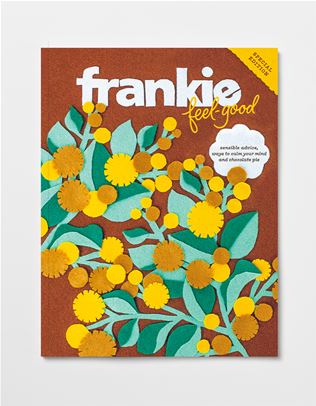






.jpg&q=80&w=316&c=1&s=1)










